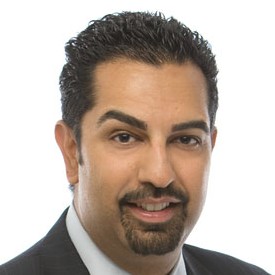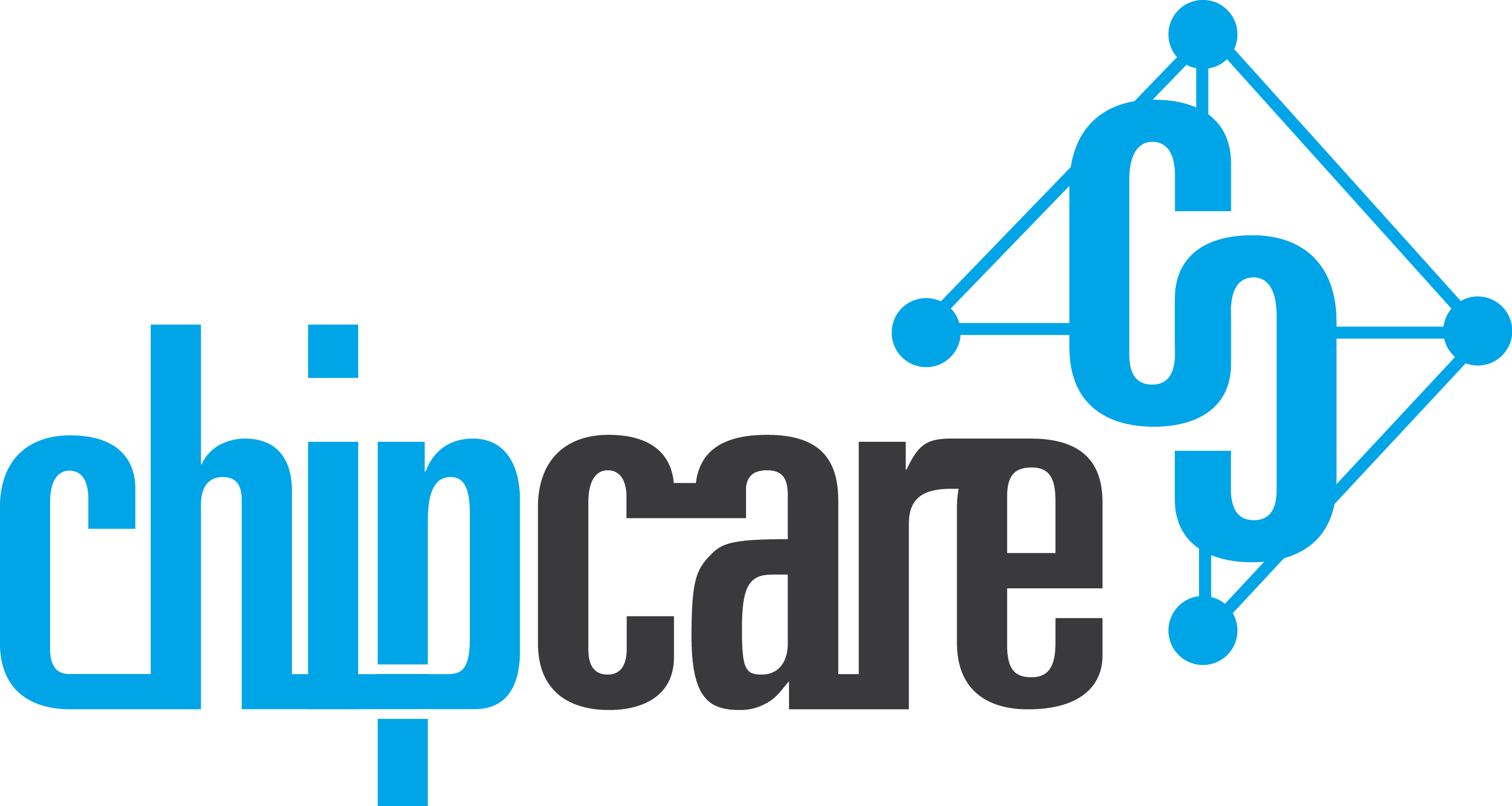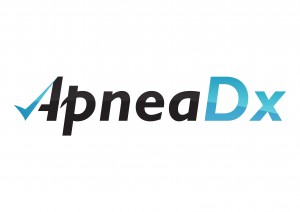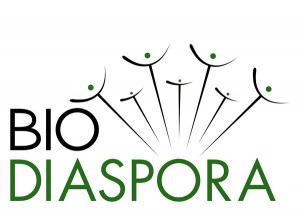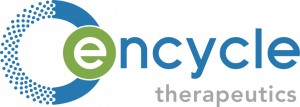Johnson & Johnson Innovation Announces Collaborations with Two Canadian Early-Stage Drug Technology Development Centers

Johnson & Johnson Innovation and its affiliate Janssen Inc. in Canada announced new collaborations with two Canadian early-stage drug technology development centres, Montreal-based NEOMED and Toronto-based MaRS Innovation, to identify and advance promising bio/pharmaceutical technologies that have the potential to impact human health.
Read the original release via The National Post or in French. MaRS Innovation’s November 25 announcement about the partnership is also available.
This story was covered by GEN: Genetic Engineering Biotechnology News.
Through these collaborations, technical experts from the Johnson & Johnson Innovation Center in Boston, Massachusetts will work with NEOMED and MaRS Innovation to identify investment opportunities emerging from well-validated scientific research discoveries within their communities of academic institutions and biotechnology companies.


